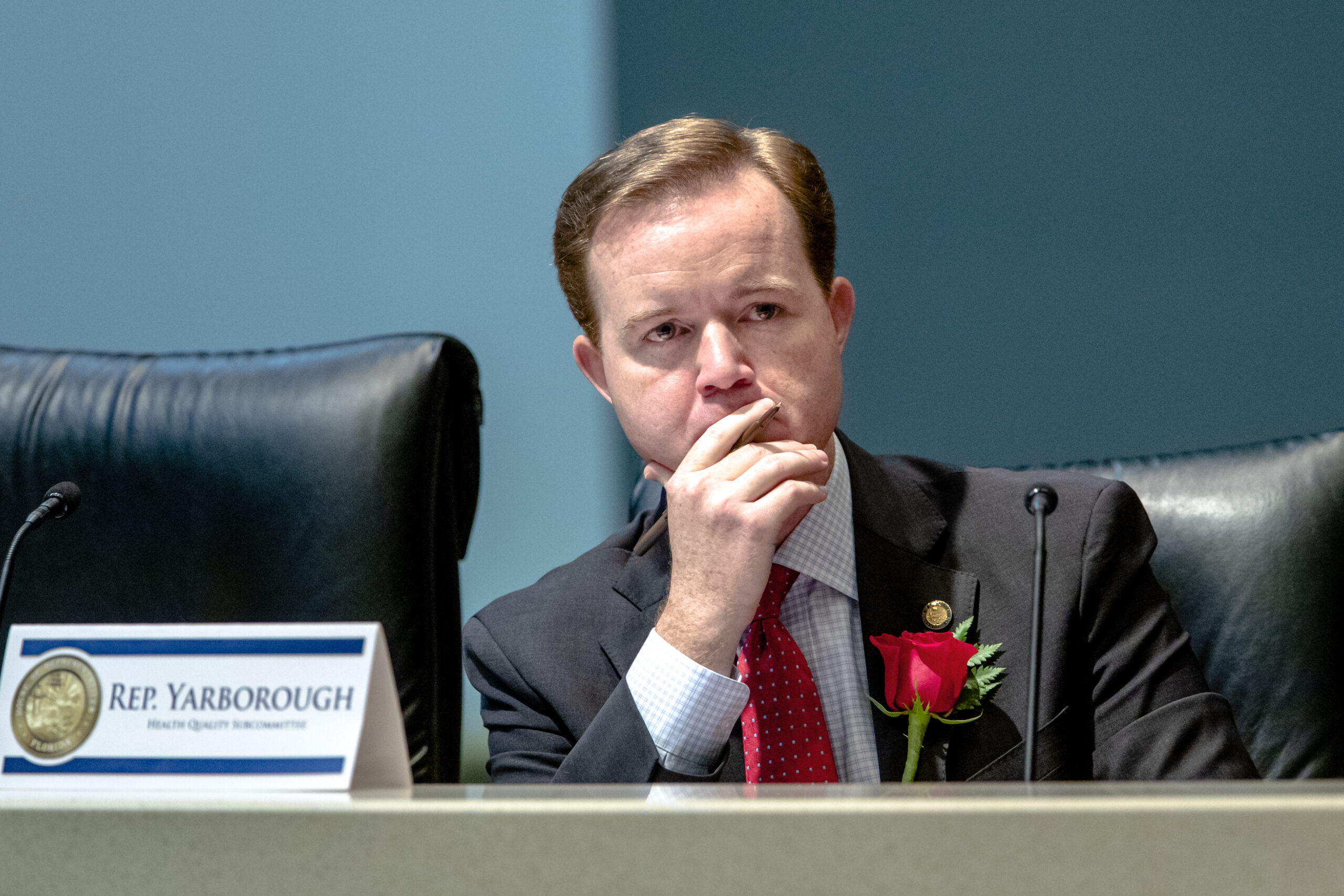Talks underway between Senate, Gov. DeSantis’ Office on revising Chinese real estate crackdown
Negotiations between lawmakers and the Governor’s Office are underway regarding revisions to a ban on Chinese nationals buying real estate.
GOP Sen. Clay Yarborough told Florida Politics that his aim is not to undo barriers to the Chinese Communist Party hoarding Florida farmland. But he has pursued changes to allow refugees from China and investors in residential development some leeway.
“The business community has raised important concerns regarding the need to more clearly define a controlling interest vs. a (de minimis), indirect interest,” the Jacksonville Republican said in a statement to Florida Politics.
“The legislation I put forward maintains the toughest sanctions on China in the entire country, while providing the clarity companies controlled by American investors need to continue to contribute to our growing economy.”
The Senate Rules Committee last week amended an easement bill (SB 814) sponsored by Yarborough. Procedurally, the bill can be heard on the Senate floor at this point, but sources say talks have continued with Gov. Ron DeSantis’ staff and with the House.

On that front, Rep. Will Robinson, a Bradenton Republican, said he has remained in communication with Yarborough about the issue. But the House version of the easement bill should land on the floor within days, and he’s not ready to adopt Yarborough’s language in full.
“The House bill will be heard on the House floor on Friday,” he told Florida Politics. “I will be filing an amendment to amend the bill and accept the Senate language, absent the China part of the Senate bill.”
Part of the concern, of course, has been whether any legislation approved by the Legislature will end up being vetoed by DeSantis.
Last week, the Governor called proposed changes “an attempt to unwind what we’ve done to protect Floridians against the threat posed by China.”
In 2023, DeSantis signed a law (SB 264) as part of a “China crackdown” with an eye on protecting Florida’s “economic sovereignty.” Moreover, he frequently cited the bill as he traveled the country during his now-suspended campaign for President, including on the debate stage against other Republican contenders.

But sources close to the talks expressed confidence that a “cure” could be found that addresses concerns for the Senate, House and Governor.
Senate leadership has defended the proposal, characterizing it as a clarifying bill and not a reversal in state policy.
Yarborough said he supports tough restrictions on China.
“I fully support the policy passed last year in SB 264, which sets necessary restrictions on investments from foreign countries of concern, with a focus on important assets like agricultural land and areas surrounding our military bases,” Yarborough said.
“To further this important goal, I am sponsoring SB 340, which will be heard on the Senate floor today, and creates strong criminal and civil penalties for those who target our critical infrastructure.”
The ban on Chinese land purchases has raised concern within Florida’s business community, with the Florida Real Estate Commission encouraging changes to ensure that it doesn’t chill all foreign investment.
Other organizations say they welcome any attempt to strike a balance in security concerns and a positive business environment. Brewster Bevis, Associated Industries of Florida President and CEO, praised language crafted by Yarborough.
“As we have seen in the news, China continues to aggressively target U.S. activities, whether it is through tracking our technology or stealing our medical research,” Bevis said. “That’s why Governor DeSantis was 100% right to sign Senate Bill 264 into law last year. Now, this legislative session, the Florida Legislature is working to further tighten the Foreign Land Buying law in an important way. Senate Bill 814 has key language around the definition of ‘controlling interest,’ which would outlaw any foreign investment that is able to direct the actions of an investor in the state.
“With this key language, the national security focus of the Foreign Land Buying law is preserved, while allowing minority, passive investment – some of which has been on the sidelines during the rulemaking process here and could easily move to other states, like Texas, without this added clarity. We want our real estate market in Florida to be fair and predictable, and Senate Bill 814 will tighten last session’s legislation while keeping it the toughest on China in the country and continuing to grow our burgeoning economy.”
Meanwhile, a federal Judge in February blocked enforcement of the law against individuals in the process of buying land when the statute was adopted.
___
A.G Gancarski contributed to this report.
Post Views: 0



